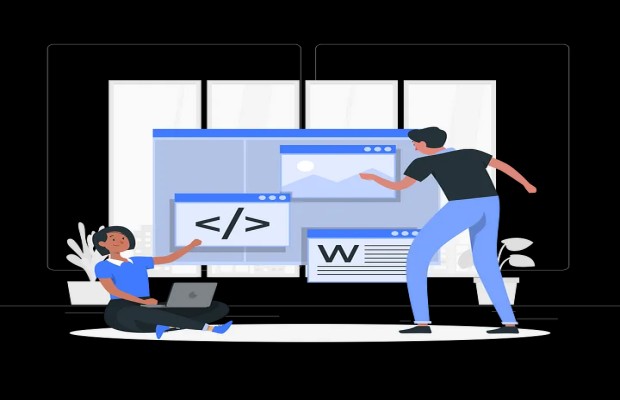Top 10 Best Practices To Write Clean And Efficient Codes

Ten Best Practices for Writing Clean and Efficient Code Writing code that works well is an important part of making software.
Not only does it contribute to raising the overall quality of your code, but it also makes it simpler to update and maintain in the future.
We'll look at 10 best practices for writing code that works well and is clean in this article.
Top 10 Best Practices To Write Clean And Efficient Codes
- Write Reusable Code
- Keep Your Code Simple
- Write Well-Commented Code
- Use Standard Naming Conventions
- Test Your Code Thoroughly
- Keep Your Code Modular
- Use Version Control
- Write Optimal Code
- Write Secure Code
- Document Your Code
1. Write Reusable Code
Write code that can be used in multiple projects without needing to be rewritten is known as reusable code. By reducing the amount of code that is redundant, this not only saves time but also contributes to improving the overall quality of your code.
It is essential to ensure that reusable code is well-documented and simple to comprehend when writing it so that other developers can use it without difficulty.
2. Keep Your Code Simple
READ ALSO » HTML Link, Img, List, Span, Comment And CSS Tutorial
When it comes to writing code that works well and is clean, simplicity is key. Not only is complex code difficult to comprehend, but it also increases the likelihood of security flaws and bugs. Use simple data structures, write algorithms that are clear and easy to understand, and steer clear of over-engineered solutions to keep your code simple.
3. Write Well-Commented Code
Write code with comments that explain the purpose and function of each code block to create well-commented code. This not only makes it simpler for other developers to comprehend your code, but it also assists you in comprehending your own code when you come back to it in the future. When writing comments, avoid using overly technical language and ensure that they are clear and concise.
4. Use Standard Naming Conventions
Making use of standard naming conventions makes it easier to read and ensures that your code is consistent. This includes consistent use of uppercase and lowercase letters, as well as clear and descriptive names for variables and functions. You can help reduce the likelihood of bugs and security flaws by making your code easier to understand by using standard naming conventions.
5. Test Your Code Thoroughly
Code testing is an essential part of the development process. It helps to make sure that your code works as expected and meets the project's requirements. Make sure to test your code thoroughly, testing every edge case and unusual circumstance. Before your code is released to production, this will assist in identifying and fixing any bugs.
6. Keep Your Code Modular
Modular code is code that is broken up into smaller, reusable parts. By making it simpler to update and maintain in the future, this contributes to an overall improvement in the quality of your code. When writing modular code, ensure that each component is well-documented and simple to comprehend and that they can be easily combined to produce more complex solutions.
7.Use Version Control
Version control is a good way to write code that works well and is clean. Version control lets you collaborate with other developers working on the same project and keep track of changes to your code.
You can guarantee that your code is always up to date and that any security flaws or bugs can be easily fixed by using version control.
8. Write Optimal Code
READ ALSO » How to use HTML meta, form and input tag
Writing code that is both efficient and scalable is called writing optimal code. This means using algorithms and data structures that work well and avoiding code that can slow down performance. It is essential to consider the performance implications of each code block when writing optimal code and to perform any necessary optimizations.
9. Writing secure code
This is an essential step in the development process. This includes using input validation, authentication and access control, encryption, and other best practices for preventing security flaws. You can contribute to the protection of your application from potential threats and the safety of sensitive data by writing secure code. It is essential to regularly test your code for vulnerabilities and stay up to date on the most recent security practices when writing secure code.
10. Document Your Code
Last but not least, if you want your code to be clean and effective, you should document it. This includes making important design choices and documenting the purpose and function of each code block. You can help ensure that other developers can comprehend and use your code, as well as that it is simple to update and maintain in the future, by documenting it.
In conclusion, one important part of developing software is writing code that works well and is clean. You can help ensure that your code is secure, easy to maintain, and well-written by adhering to these ten best practices. These best practices will help you write better code and create high-quality software applications, regardless of your level of experience as a developer.
